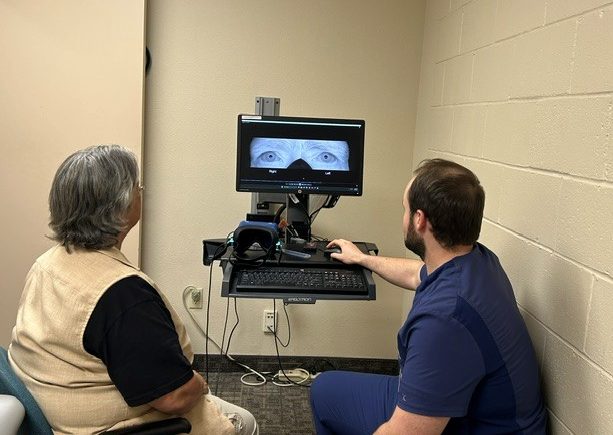Many people don’t wear face masks when outside and no one else is around. However, with the allergy season in full bloom, they may want to keep that mask on.
Two Northern California allergists say wearing masks that are helping protect everyone from COVID-19 also have a beneficial effect for those who suffer from hay fever. Because folks are masked up this year, they say they even could see a drop in patients with seasonal allergy issues.
“Masks help trap pollen and larger particles in the air in the weave of the material,” says Sutter Medical Group allergist and immunologist Arfa Faiz, M.D., who is based in Sacramento. “Exposure to pollen and dust in the nose is the first place to start the cycle of allergic rhinitis. Wearing masks to prevent that access of the pollen to the nose helps protect your respiratory system from the pollen.”
Mark Grijnsztein, a Sutter allergist and immunologist in Elk Grove and Sacramento, agrees. “Masks help because they act as a barrier,” he said. Any mask will help, he adds, whether a surgical or cloth mask. But he says an N-95 mask would probably be best.
Masks are just one thing you can do to help control the sneezes, runny nose and eye irritation that are caused by grass, tree and other pollen. Among the other recommendations the specialists have:
- Over-the-counter nasal sprays and medications can be very helpful.
- Limit your time outside.
- Close windows at home and change (or wash) air conditioning filters.
- Take a shower before bed and clean your bed sheets.
For more on this year’s allergy season, and how you can distinguish whether you have COVID-19 or just allergies, check out these stories in The Sacramento Bee and on CBS-13.




